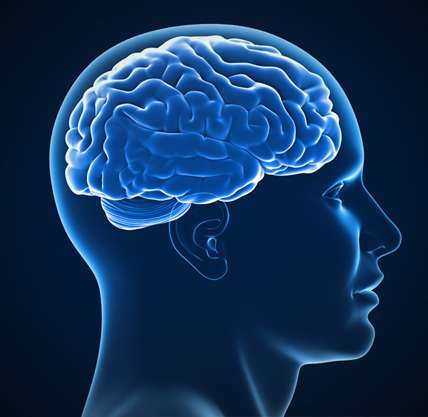If, while looking at the image above, you hit that urge to drink coffee and you were tempted to take one right now, rest assured!
They are just stimuli that your brain is receiving.
The drink, one of the most popular in the world, is already known for the physiological effects caused by caffeine , as sleep inhibition.
But now, according to a new study , a simple look at something that reminds us of coffee is able to stimulate our mind, simulating the effects of caffeine on the body, so that we are more alert and alert .

In addition, the researchers also found that the participants’ brains, when exposed to objects that resemble coffee, interpret time in a shorter way, which may be linked to a person’s personal planning.
Priming Effect
The priming effect is basically when you look at something, and it is capable of having an effect on you, like the one shown above, the excitement of drinking coffee.
This happens when your brain starts to receive stimuli, which are simple signals sent to it that can change your behavior.
It acts on the individual’s responses, without the person’s awareness of the taste or characteristic of the drink, but directly on its effects, for example, how we associate coffee with the feeling of being more attentive.
This term (priming effect), which was already observed in other professional areas, such as communication and pedagogy, was also used by the study authors as a possible explanation of the effect that coffee had on the participants.
Difference between Cultures
In the study, it was also possible to see another side of the research. People who do not drink coffee, by culture for example, may not experience this reaction of physiological arousal.
But this has a reason, according to the researchers, it is necessary to have at least a psychological connection to the drink, such as trying the drink (in this case coffee) at other times or at some point in your life.
This type of behavior that varies from culture to culture can be seen in the study. The scientists carried out the experiment with oriental participants, who traditionally are not in the habit of consuming coffee during the whole routine.
As a result, the previous effects seen on the other participants were not the same when compared to the Orientals.
The researchers believe that this may be because they do not consume coffee culturally, and consequently do not have the psychological connection of the drink. That is why the effects of coffee suggestion are not the same as those of those who already drink it frequently.
